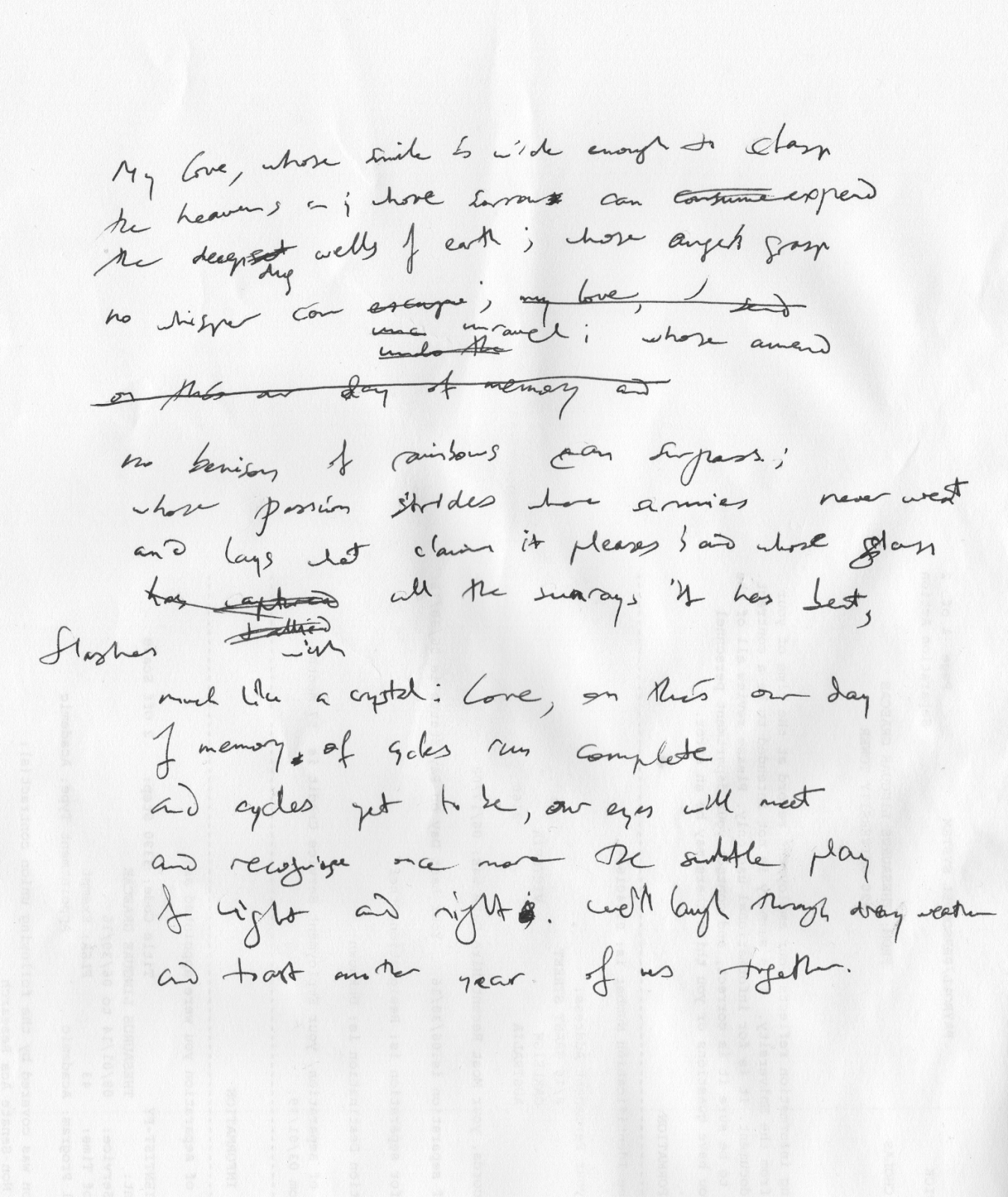Hahahahaha.
Well, let’s see.
Linguistics in the West appears to have broken down the barriers against women getting academic promotion relatively early, and the majority of enrolments at undergraduate level in my department were women.
I remember a male linguist (Newmeyer? Pullum?) citing approvingly a hotelier’s guide to the convention partying styles of various professions. Under Linguists, the guide allegedly said that they were relatively well behaved, and that they “brought their own women”. Those weren’t their own women, the writer pointed out. Those were themselves linguists.
There are unofficial uniforms and standards of dress and makeup in different disciplines here in Australia. I overheard a female prof once say “… You don’t think I put on too much lippie today, do you?” I also remember a girl stumbling into a tutorial, asking if this was Economics 201. We took one look at her—tailored suit, abundant makeup, power heels—and at us—jeans, no makeup, Doc Martens. No, this was not Economics 201.
There were gay men and women in our department; I’ve related elsewhere the tale of a male tutor who had a crush on me (Nick Nicholas’ answer to Would you want to see a list of everyone who has ever secretly had a crush on you?). I don’t know that linguistics disproportionately attracted them, but an Arts department would impose much less pressure on gay men to stay in the closet than, oh, I don’t know, Electrical Engineering.
There were vegans, and there were leftists, sure. Not many vegans, but certainly mostly leftists. Two factors there.
First, as has been discussed elsewhere here at length, academia tends to disproportionately attract public service-oriented over business-oriented minds, and that correlates with being left wing. That’s going to be even more the case in the humanities, which does not have a hard nosed practical utility, and which overrepresents those willing to scrutinise and question accepted authority.
Second, my department in particular was heavy on anthropological linguistics and fieldwork, in its general linguistics, and critical discourse theory in its applied linguistics. That’s not going to be the case everywhere; for general linguistics, it’s certainly not the case in Europe or much of America. But if your department is full of people who trot off to Boingo Boingo and spend three months with the locals (and end up called in as expert witnesses to defend their land title claims), don’t be surprised if a lot of them are going to be sympathetic to the dispossessed in general, and strive to be cultural relativists.
That occasionally erupted into disputes like whether Myanmar instead of Burma was really respecting the local practice or just a tinpot dictatorship, and whether cultural relativism really meant we should keep shtum about human rights abuses. But that was a debate within the left, as far as I could tell.
Yes, there were exceptions. Our best linguist was a Charismatic Anglican, who ended up becoming a pastor, and more recently an anti-Muslim polemicist. But I think it’s fair to say that the linguistics departments I’ve seen have been homes of bienpensant leftism. (The Charismatic Anglican did leave to become a pastor, after all.)
That’s not intrinsically a problem, it’s self-selection. But it is a bias to be aware of.

